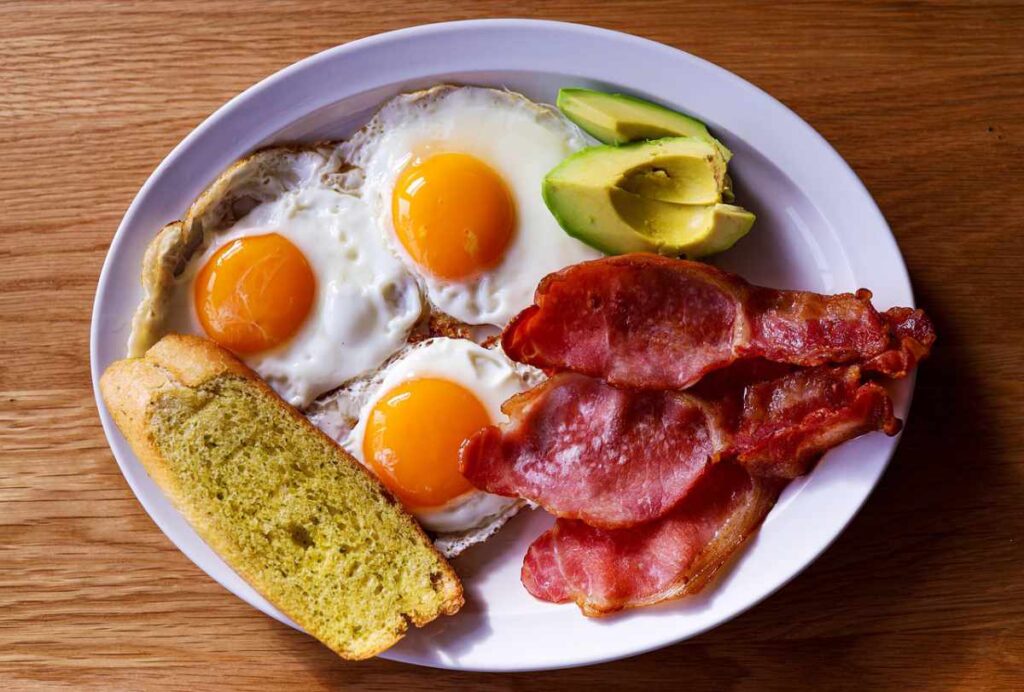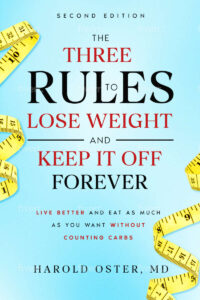What Are Healthy Foods?

It is a simple question. What are healthy foods?
This is actually an impossible question to answer. I can name foods I consider healthy, but other people may call them unhealthy. There are two big problems with answering which foods are healthy.
- You cannot usually generalize about foods in a class.
- You cannot answer the question unless you know more about the overall risks and benefits of the foods.
Let’s start with number 1. I will take something that sounds easy. Fruits and vegetables. I have heard many times that fruits and vegetables are healthy for you. It’s true that most fruits and vegetables are indeed good for you. However, the most consumed vegetable in the United States is the potato. There are health benefits to eating potatoes, but if you are overweight or obese, like 70% of Americans, the potato is not healthy. If you eat more calories than you need (most Americans do), then when you eat potatoes, your blood sugar rises quickly, followed by insulin and other fat-storage hormones, and you gain weight. Obesity is a tremendous health problem, increasing the risk of diabetes, heart disease, and cancer.
Tomatoes are the second most popular vegetable. (I know it’s a fruit, but forget about that for now.) Tomatoes actually have many health benefits. Tomatoes have vitamins and lycopene, an antioxidant. But, if you have acid reflux, as I do, too many tomatoes may give you heartburn, which can sometimes lead to cancer. Corn also has health benefits, but it’s starchy. In my book, The Three Rules to Lose Weight and Keep It Off Forever, I explain why corn should be avoided if you want to lose weight.
Some fruits have the same issues. Bananas and mangos have a high glycemic index. Canned and dried fruits do, too.
Don’t think I am saying that we should avoid fruits and vegetables, but you can’t say they are all healthy. That is especially true with oils. Most plant oils are beneficial for us, but not all. Coconut oil doesn’t seem to be beneficial and may put you at a higher risk of heart disease. Olive oil decreases the risk of heart disease and cancer. Seed oils have been in the news, with many people touting their dangers. The idea is that they have a lot of omega-6, which may increase inflammation, theoretically causing cancer. (The study that prompted the article I linked to does not prove that seed oil causes cancer.) An example of a seed oil with tremendous benefits is flaxseed. I also believe that sunflower seed oil does more good than harm.
Let’s move to the second problem. You must know the actual risks and benefits of a food and who will eat it. Let’s take the theory that seed oils cause inflammation, which can lead to cancer. Again, this is not proven. Let’s say it increases the risk of colon cancer by three percent but decreases the risk of heart disease by thirty percent. Then, we should use it, right? You can always find a small risk of something. Seatbelts slightly raise your risk of hurting your neck or carotid artery in a serious accident, but they dramatically lower your risk of dying in that same accident. I wear a seatbelt.
Eggs, especially in large amounts, can increase your risk of a heart attack. If you are a healthy person with no risk factors of heart disease, you may have a risk of a heart attack of 1% in the next few years. If eggs raise your risk by 10% (it may be less than that), then your risk is now 1.1%. Suppose you have a million risk factors for a heart attack and have a risk in the next few years of 70%. With the eggs, it would go up to 77%. I wouldn’t eat the eggs. By the way, smoking cigarettes raises your risk of lung cancer more than 10-fold. That is more than a 1000% greater risk than lung cancer in non-smokers. So, yes, eggs can increase the risk of heart disease a small amount—nowhere near the increased risk of obesity or cigarettes.
Another example is non-nutritive sweeteners like aspartame or stevia. Stevia has not been shown to have ill effects, but by lumping non-nutritive sweeteners together, recent studies have shown that they might increase the risk of heart disease. Still, it is nowhere near the dangers of sugar-sweetened drinks. If you drink regular soda, quit. A bottle of Mountain Dew has 19 packets of sugar in it. The small amount of aspartame in a diet Mountain Dew is nowhere near as bad for you, if it is bad at all. It’s not a food, but nicotine vaping is the same. Maybe there are harms, but nowhere near as bad as cigarettes. 200,000 Americans die of lung cancer, primarily from cigarettes. That doesn’t count the other cancers, strokes, and heart attacks cigarettes cause. Try to find out how many people have died of lung cancer from vaping. You won’t find any. So, vaping may have some risks, but they are small compared to other ways of getting nicotine.
You can’t generalize which foods are healthy, but I would say this—most fruits and vegetables are healthy. Don’t eat potatoes or corn if you want to lose weight. Most plant oils are healthy, and olive oil and avocado oil are better than others. Avoid eggs if you have a high risk of heart disease. Choose poultry and fish over red meat, though that is not as important as previously thought. Make every effort to avoid ultra-processed food such as candy, soda, pastries, and processed meats like bacon and sausage.
Finally, don’t drink alcohol, at least not too much.
 The Second Edition of The Three Rules to Lose Weight and Keep It Off Forever is available on
The Second Edition of The Three Rules to Lose Weight and Keep It Off Forever is available on 